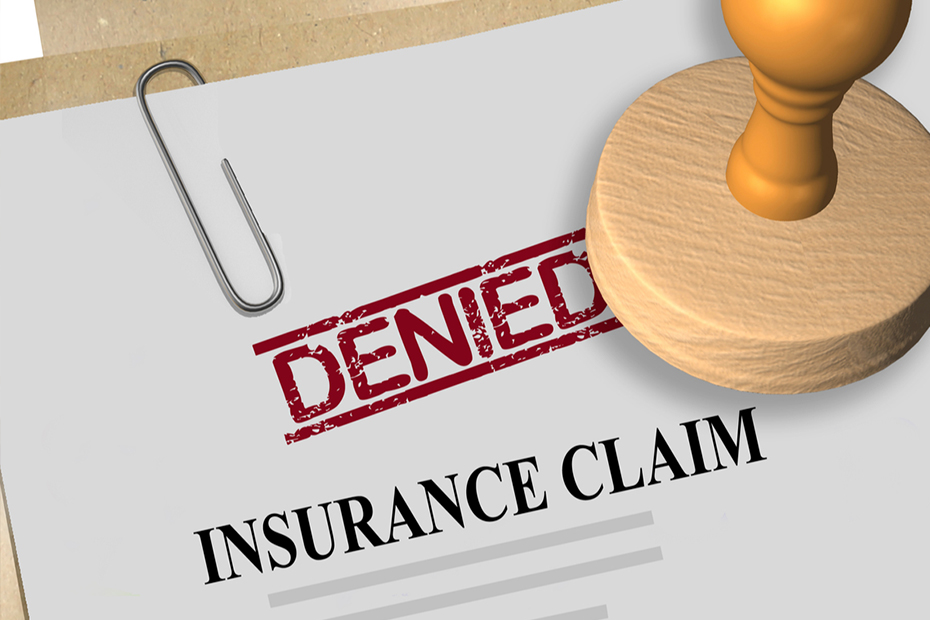By Newton Mambande
The question whether a claim of insurance will be repudiated has been gripping the minds of insurance policyholders or clientele. This article anticipates to highlight what are the causes of rejection of claim, and how best an insurance policyholder could avoid them by adopting smart measures in his or her risk management at personal level.
It is notable that if the client, h/she is not well-informed and knowledgeable about personal financial planning, especially life assurance policy.
The insurance companies always settle claims; except in the scenarios of non-disclosure by the client. It is a fair practice for insurers to repudiate or reject claims as a measure to protect other policyholders’ interests. Insurers not willy-willy reject claims, because there are elaborative procedures within the life assurance company that are taken before repudiation such as legal and investigation checks. However, the client should take necessary steps by approaching the customer contact centre or relevant department within the insurance company to handle his or her case, if he or she thinks that he or she is being prejudiced. If all means are exhausted and the client is not satisfied in handling the case, the client has the right to approach the insurance ombudsman office, which is the Insurance and Pensions Commission (IPEC) that protects the public interests of insurance buyers. Furthermore, the client should have appropriate reasons and documents that would make the case valid during the appeal; failure to do so legally and financially the client might be humiliated.
The main cause of insurance repudiation, is the material non-disclosure of information by the insurance policy proposer at the policy origination time. Non-disclosure, it is when the policy proposers fails to have disclosure of health or medical history, misrepresentation of income or occupation, misinformation of facts, date of birth or gender, or concealment of an existing insurance cover that would impact the financial eligibility of the insurance policyholder. Another factor that influences the insurer to repudiate claim, is when the insurance policy lapses and is not reinstated in time. It is, therefore, important for every policy holder to pay premiums in time and keep policy in force for receiving complete benefits.
In order to avoid rejection of insurance claims, the client is advised or recommended to provide accurate disclosure of medical history and present health condition and furnishing the insurer with accurate information such as date of birth and gender at the time of policy origination. Claims denials due to lapses could be avoided by making payments via the stop order managed by the banker and employer. This method of payment instils financial discipline at personal level; whether the client likes it or not the chances of diverting or embezzlement of money life cover are rare or minimum. With cash, it is possible to not pay premiums at regular intervals. Further, insurance policyholders could pay annualised premiums rather than monthly premiums. The client could also avoid lapsing of policy by opting for relevant riders. In the event of disability or death of a premium payer, the rider enables premium payer or beneficiaries to have a waiver of the future premiums. This guarantees policyholder and beneficiaries to enjoy the complete package of policy benefits, if the premium payer is incapacitated to pay future premiums due to death or disability. However, this kind of rider does not apply in the present Zimbabwean inflationary macro-economic conditions, and government policy inconsistencies and reversals, because the environment lacks an enabler for such riders. This is why most insurers are not loading it in their products and services, but there is hope that once the economy and financial markets stabilise in Zimbabwe, the insurance companies might do so to assist clients in avoiding lapsing of insurance policy programmes.
There is no specific death or illness that is excluded in the life assurance policy. However, death related to suicide during the first twenty-four months or two years from the date of policy commencement is excluded. Further, death due to natural causes in the first three months from the date policy revival is excluded; except for accidental-related death. Policyholders are advised to bring or submit a police report if accident caused death occurs during the first three months of policy commencement date. Other reasons that might cause claim rejection are in the time of pandemic or epidemic or civil unrest, when the policyholder dies due to these mentioned or not. For further information related to exclusions the policyholder should read the policy document.
Furthermore, policyholders are advised to keep his/her insurance updated. The policyholder must inform insurers about changes in his life. For example, h/she should notify the insurer about change of marital status. Aside from this, the policyholder must divulge information to the dependents or beneficiaries or nominate a secondary beneficiary that could make an insurance claim in the event of premium payer’s death or extreme disability or bedridden illness. The documents should be in the sight of the nominee because a delay in making claims might cause the insurer to reject the insurance claim. Insurers normally do this to protect interests of other policyholders against possibilities of fraud. So, therefore, it is advisable for policyholders to ensure that the spouse and children have understanding and knowledge of insurance policy-scheme benefits and procedures that are taken in making insurance policy claims.
In my own perspective, many insurance buyers do not read policy documents upon their delivery. Based on understanding at the time of policy origination human error might occur during data capturing that result in misspelling of names, wrong national identity numbers or creation of wrong policy. It is therefore advisable that policyholders should read the policy document or seek guidance from insurance agent, or literate person to assist in interpreting policy documents provided policyholder is illiterate or semi-illiterate. This is helpful in detecting errors that might cause insurance claim repudiation at the time of death.
Newton Mambande is an economic historian and a financial advisor. He is reachable at +263773411103 and newtonmunod@gmail.com


